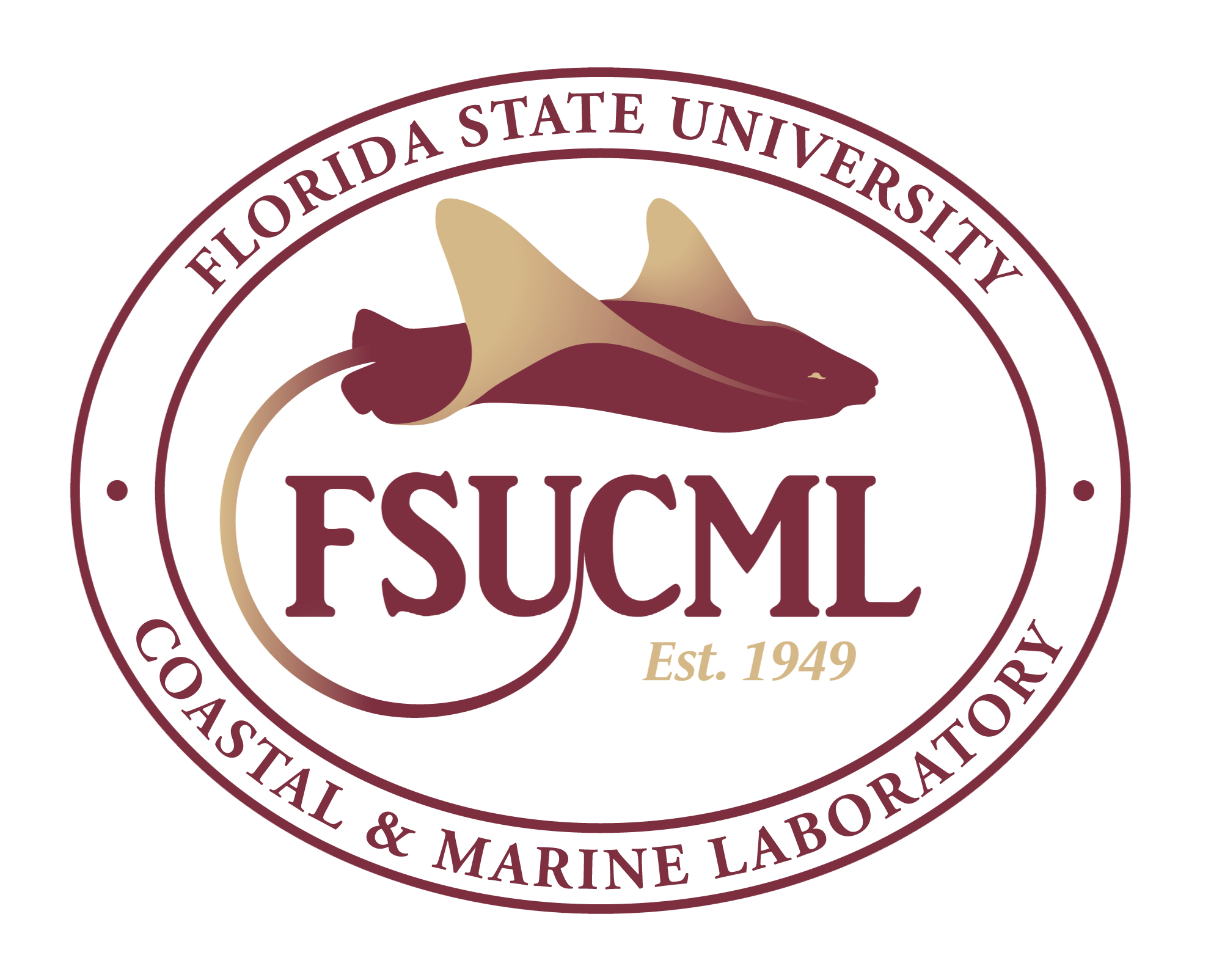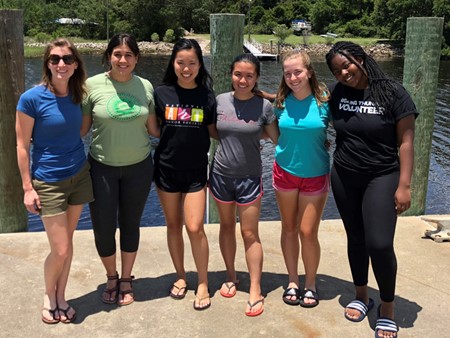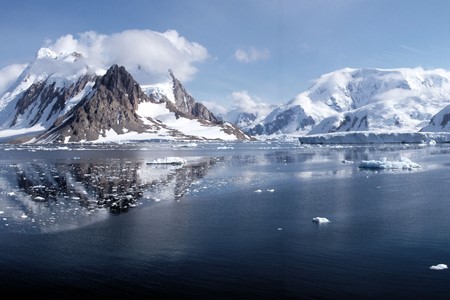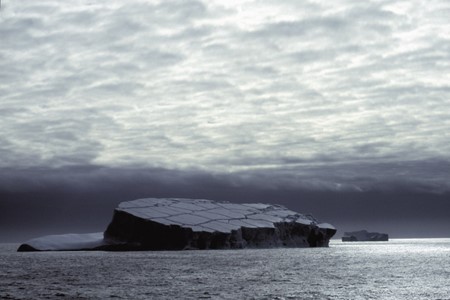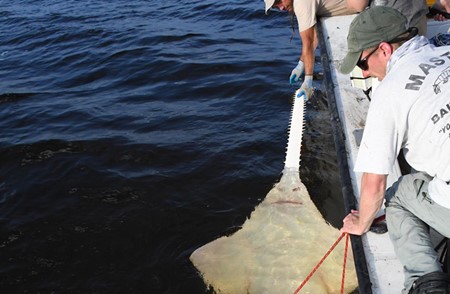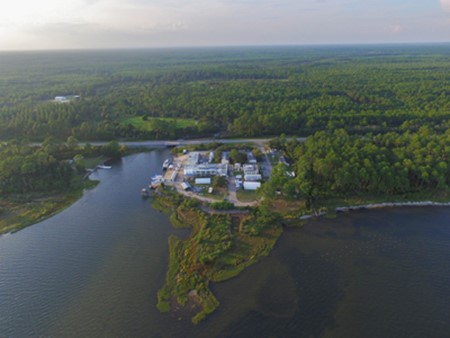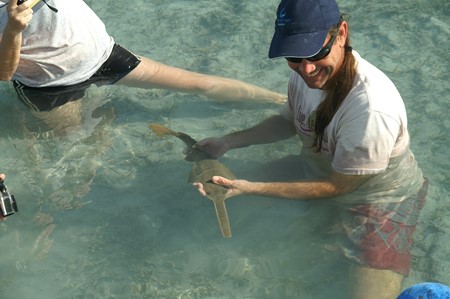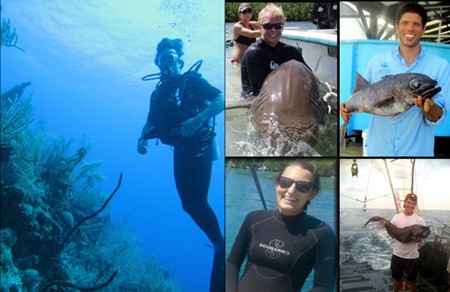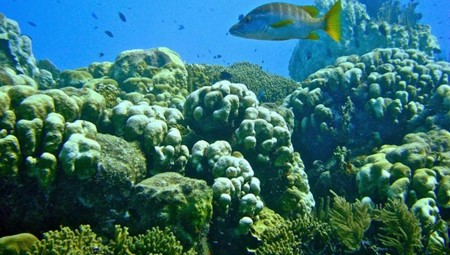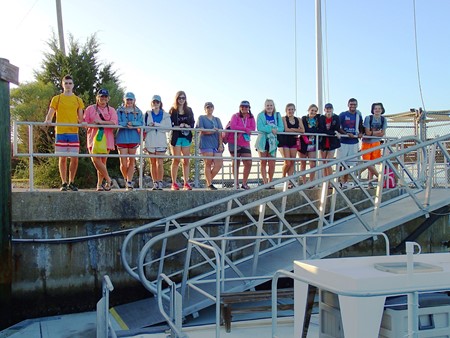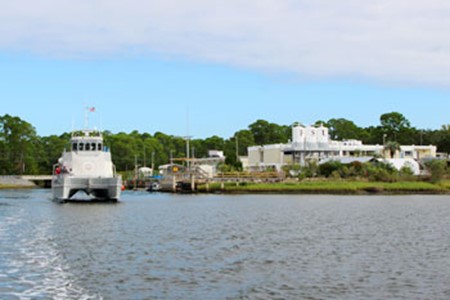Under the advisement of Dr. Sophie McCoy and laboratory technician Penelope Ales, four high school students from various parts of Florida have been exploring the effects of climatic stressors such as fluctuating nutrient levels, low salinity, and water browning on the metabolic functions of Thalassia testudinum, also referred to as turtlegrass.
FSUCML Polar Academy working with local schools on Antarctic education
The FSU CML Polar Academy team has started their AntICE Initiative: reaching out to school children in the Tallahassee and Crawfordville areas to inform them about Antarctic Organisms and Ecosystems in light of the upcoming NSF funded workshop at the FSU Coastal and Marine Lab in November.

